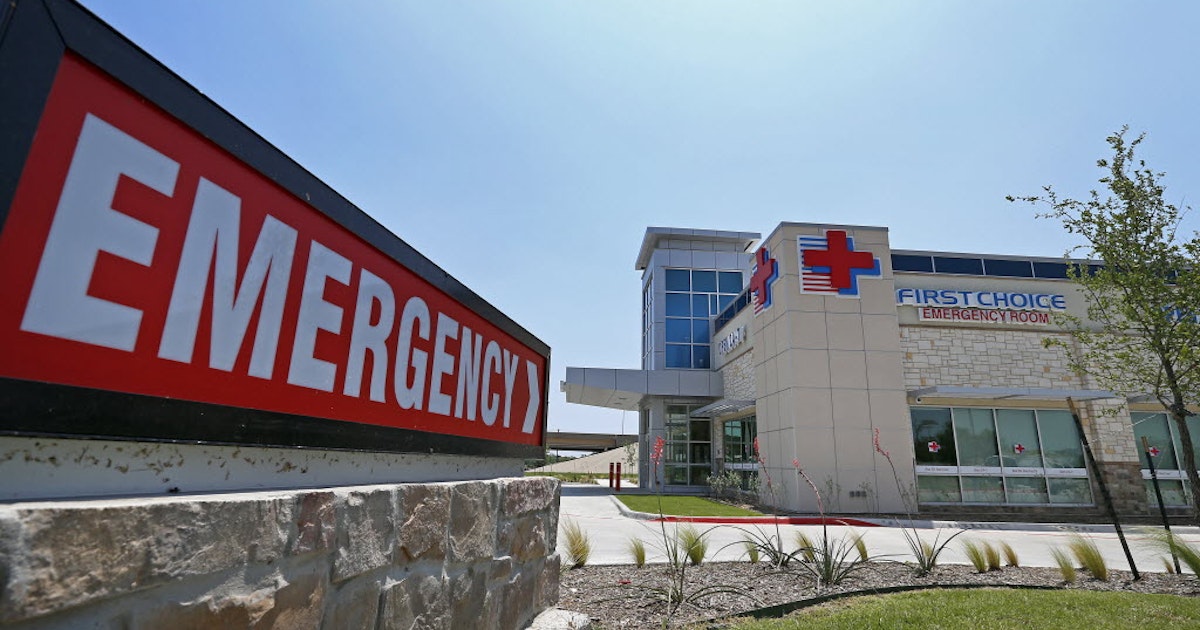Fixing health care is hard, but ending 'surprise billing' should be easy for Texas lawmakers - Dallas News

Navigating health insurance can be treacherous.
Premiums are high, deductibles are higher. Some plans have rules about referrals, most have penalties for going outside the network.
So when a patient does everything by the book and still gets hit with an extra bill — often totaling thousands of dollars — something’s wrong. It’s also something the Texas Legislature can fix.
Texas lawmakers are currently working to end the practice known as “surprise billing.” This primarily affects patients treated in the emergency room, where many doctors are out of network. It also occurs within network facilities when certain specialists, such as anesthesiologists, are not part of the network.
In Texas, 1 in 3 ER visits results in a surprise bill compared with 1 in 5 nationwide, according to a study in Health Affairs magazine.
Under a Senate bill that could have a committee vote this week, insured patients would be responsible only for their usual share of covered costs, such as deductibles and copays. Unexpected out-of-network charges — or surprise bills — would be settled between providers and insurers, and patients wouldn't be pulled into the dispute.
At a hearing on March 21, everyone seemed onboard with the plan except the Texas Medical Association.
“We support the spirit” of the bill, said Dr. Jason Terk, a Keller pediatrician and chair of the association's council on legislation, but “we’re opposed to the means.”
“I think you’re opposed to something else,” countered Sen. Kelly Hancock, R-North Richland Hills, who authored the bill. “And [you] want to use the patient to get your something else.”
That would be money, of course, or what the industry often calls reimbursement rates.
To see a doctor in an emergency room in Texas, the median out-of-network charge is $1,355. That compares with a network rate of $483. And Medicare and Medicaid patients are charged less than $200, according to data cited by the Texas Association of Health Plans.
“Over and over again, research has shown that staying out of network is a lucrative business model for ER doctors and freestanding ERs in Texas,” Jamie Dudensing, CEO of the health plan association, said in written testimony.
https://ift.tt/2uycS6i

Comments
Post a Comment